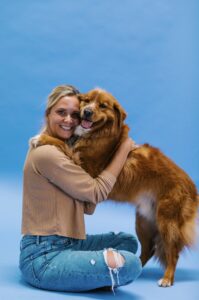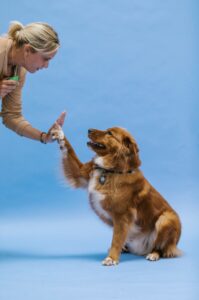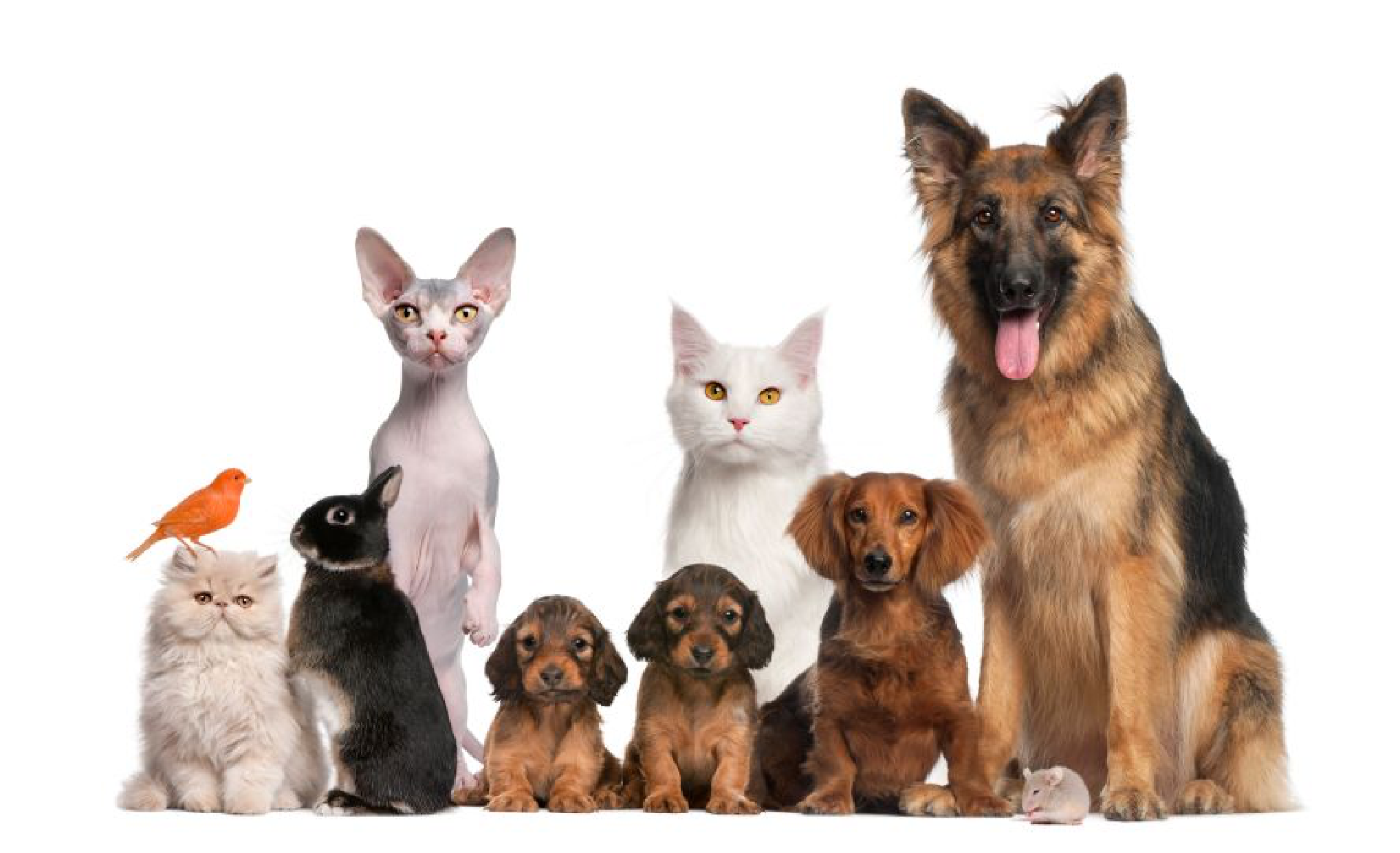
Animal acting 101: How to prepare pets for stage productions
As our much-loved Golden Retrievers, Lily, Boris, and Darcy, embark on their UK and Ireland tour performing the role of Sandy in the family musical Annie, we have gathered some useful tips to help you prepare your pet for a stage production:
1.Start with basic obedience training
Before your pet can perform on stage, they need to have basic obedience training. This means they should be able to sit, stay, come, and walk on a leash by your side without pulling. These commands will be the foundation for any tricks or actions you want your pet to perform on stage.
2. Get your pet used to new environments
The stage can be overwhelming for an animal that’s used to a calm, bright and quiet home. Backstage can be dark, and tricky to manoeuvre around. Take your pet to different places so they can get used to new sights, sounds, and smells. Start with small outings like a park or a friend’s house, and gradually work up to busier environments like a city street or a crowded event.

3. Use positive reinforcement
Positive reinforcement is key to training any animal. Reward your pet with treats, praise, and playtime when they perform a desired behaviour. Punishing your pet for not performing a behaviour correctly can lead to fear or aggression, and can make them reluctant to perform in the future.
4. Train in short sessions
Animals have short attention spans, so training sessions should be kept short and sweet. A few minutes of training a day is better than an hour-long session once a week. End each session on a positive note with a reward for your pet.
5. Time, patience and practice, practice, practice
Repetition is important for animal training. Practice the same behaviour or trick in different environments and situations so your pet can get used to performing on stage. Unlike the film, you only get one shot to get it right on stage. Gradually increase the distractions during training so your pet can perform even when there are loud noises or bright lights around.

6. Work with a professional animal trainer
If you’re new to animal acting, it’s a good idea to work with a professional animal trainer. They can help you train your pet for specific behaviours and give you tips on how to make the training process fun and rewarding for your pet.
7. Auditions
On the day of your audition, it’s important to make sure your pet is well-rested and in a good mood. Try to get to the audition venue in plenty of time to get them comfortable with their surroundings. Make sure to have plenty of snacks on hand to reward them for good behaviour. Additionally, it’s important to practice the commands you want your pet to do for the audition ahead of time, so they are familiar and comfortable with them. Lastly, don’t forget to relax and have fun!
In conclusion, preparing your pet for the stage takes time and effort. It can take as long as a year, but it will be a fun and rewarding experience for both.
For more information on the Annie tour, and to buy tickets for a date at a venue near you, please see here
Fun Fact: In 1976, Sandy was the first animal to play a character in a live theatre production, taking on the role of Sandy in Annie The Musical.
































